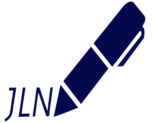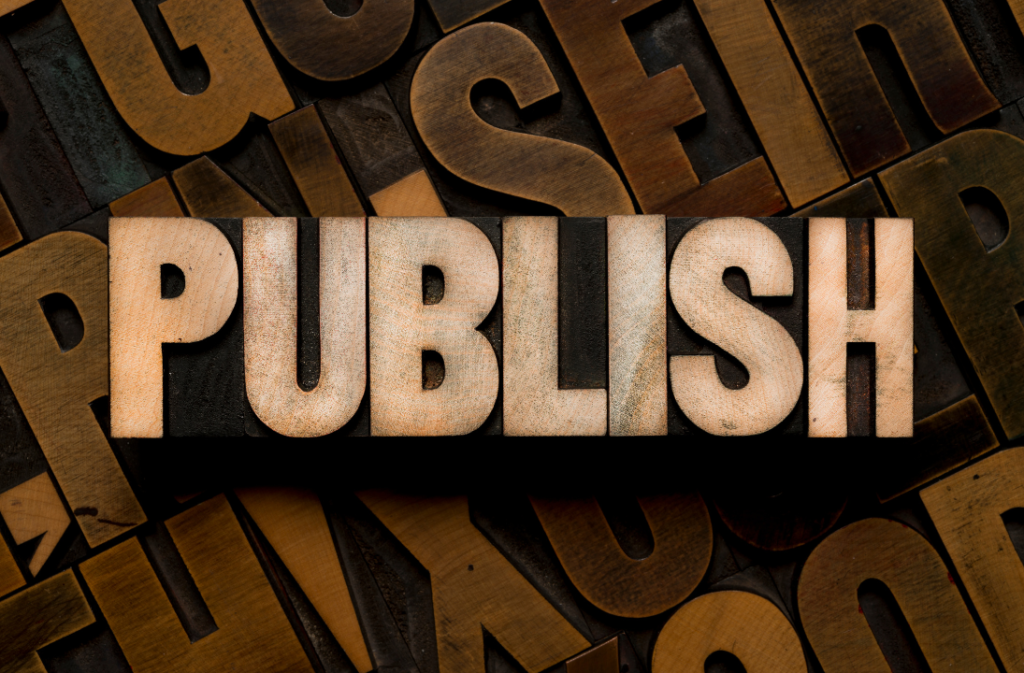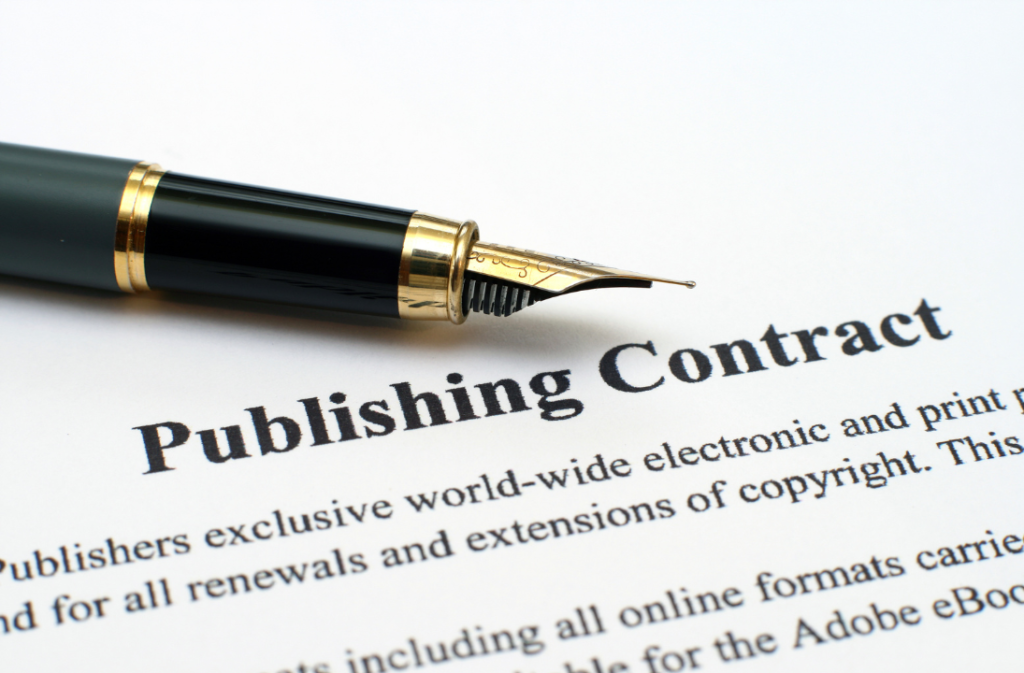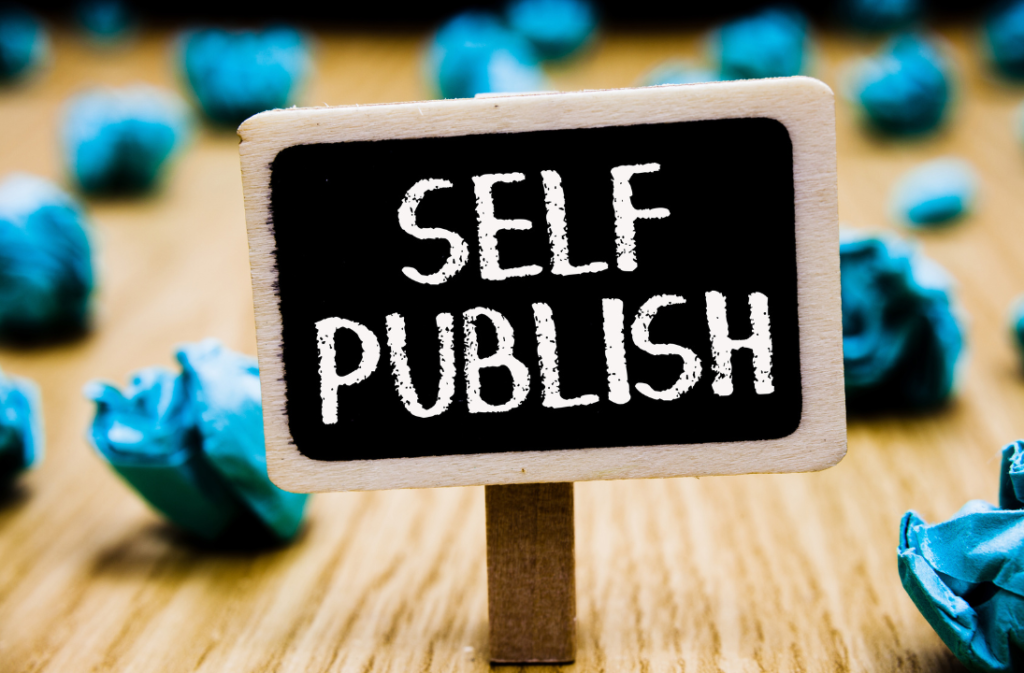Traditional vs Indie Publishing:
Pros and Cons
Both traditional publishing and indie publishing (self-publishing) have their own sets of advantages and challenges. As a writer, you need to explore both to find the publishing method you need to follow. For me, the turnaround time, and the earnings of traditional publishing are detriments to my writing needs. However, here are the majority of impactful pros and cons for each:
Traditional Publishing:
Pros:
- Professional Validation – Do we need it, heck yes.
- Traditional publishing is often seen as a stamp of approval from industry professionals. Being accepted by a traditional publisher can lend credibility to an author’s work.
- Wider Distribution – Do we want this, indubitably?
- Traditional publishers have established distribution networks, making it easier for books to reach a wide audience through bookstores, libraries, and other retailers.
- Editorial Support – This is needed but can be purchased.
- Authors working with traditional publishers typically benefit from professional editorial services, ensuring a higher level of quality and polish in the final product.
- Marketing and Publicity – Definitely required but can also be purchased.
- Traditional publishers often invest in marketing and publicity efforts, including book tours, reviews, and promotional campaigns, to help boost the visibility of a book.
- Advance Payment – Only found from traditional opportunities.
- Authors may receive an advance payment against future royalties, providing some financial support during the writing and publishing process.
Traditional Publishing:
Cons:
- Limited Control – This may be a negotiation issue between you and the publisher.
- Authors have less control over the creative and business aspects of the publishing process, including cover design, pricing, and marketing strategies.
- Longer Time to Publication – True, so true.
- The traditional publishing process can be lengthy, involving submission, review, editing, and production timelines. This may result in a longer time before the book is available to readers.
- Lower Royalties – Definitely.
- Authors typically receive lower royalty percentages per book sale in traditional publishing compared to self-publishing.
- Market Trends Influence Selection – This is a fact.
- Traditional publishers may prioritize books that fit current market trends, potentially limiting the diversity of voices and genres.
Indie Publishing (Self-Publishing):
Pros:
- Creative Control – Sometimes too much and sometimes this is wonderful.
- Indie authors have complete control over the creative and business decisions, including cover design, formatting, pricing, and marketing strategies.
- Quick Time to Publication – Yes. You do when you want.
- Self-publishing allows for a faster time to market. Authors can publish their work almost immediately after completing the writing and editing process.
- Higher Royalties – You also put out a ton of cash upfront.
- Indie authors often receive a higher percentage of royalties per book sale compared to traditional publishing, providing potentially higher earnings.
- Adaptability to Niche Markets – Usually, this can also be done through traditional, as well.
- Indie authors can cater to niche markets and experiment with unique genres or themes that may not be mainstream but have dedicated audiences.
- Global Reach – The market reach is what you want to cater toward.
- With the rise of digital platforms, self-published books can be distributed globally, reaching a wide audience without the need for traditional distribution channels.
Indie Publishing (Self-Publishing):
Cons:
- Limited Professional Validation – This may not concern some if they are already established.
- Some readers and critics may perceive self-published books as lacking the professional validation associated with traditional publishing.
- DIY Marketing – This can be purchased.
- Indie authors are responsible for their own marketing and publicity efforts. Building visibility and reaching the target audience can be challenging without the support of traditional publishing infrastructure.
- Quality Control Challenges – This is not always a con as each author commits to the level they need for quality.
- Without the oversight of traditional publishing professionals, self-published books may face challenges related to editing, cover design, and overall production quality.
- Financial Investment – True. The cost you spend has to equal the revenue and this does not always happen.
- Authors must invest their own money in the production, marketing, and distribution of their books. This financial burden may limit some authors.
- Stigma – Do it right and this is not an issue.
- Despite improvements in the perception of self-publishing, there can still be a stigma associated with independently published works, especially if they lack professional editing and design.
Ultimately, the choice between traditional publishing and indie publishing depends on an author’s goals, preferences, and the specific circumstances of their book project. Some authors may even choose to hybrid-publish, combining elements of both approaches.
I want to give a quick shout-out to PLOTTR software. I’ve found it has really improved my writing game and increased my efficiency tremendously. It is my new favorite writing aid. Use any of my affiliate links below and I might get a small commission. Thanks.
Check out my YouTube channel for PLOTTR videos @jlnichauthorsff
Joseph Michael’s Learn Scrivener Fast e-course
Please read and review my serial publishing novel, Sparrow’s Legacy, on Kindle Vella. You can read the first three chapters free on Amazon by searching for “Sparrows Legacy Kindle Vella” or clicking here. I. Please subscribe to my website if you want to be notified when I’ll be publishing or to get free samples of my work.
JL Nich, Science Fiction Fantasy Author






